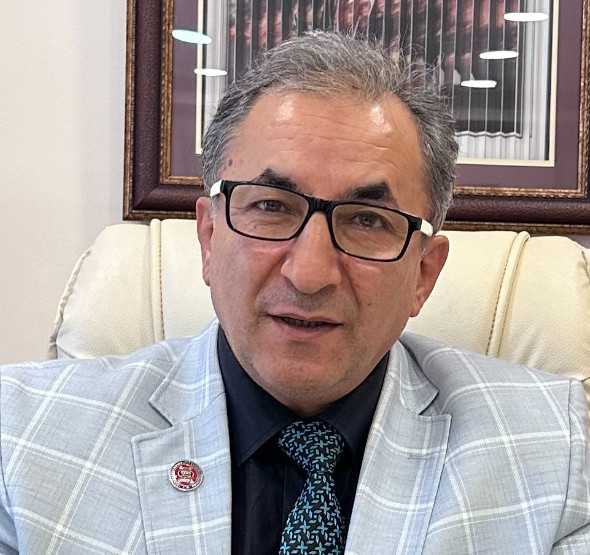The most noteworthy development at the "BRICS Summit," which took place in Johannesburg, South Africa from Tuesday to Thursday, was the decision towards "expansion" of the organization. In addition to Brazil, Russia, India, China, and South Africa, Saudi Arabia, Iran, the United Arab Emirates, Egypt, Ethiopia, and Argentina are expected to join the organization in January 2024. This decision indicates a resolution of the disagreements among BRICS members regarding expansion.
During the summit, discussions were anticipated about an alternative "common currency" to challenge the dominance of the US Dollar in the global economy. As we predicted, no such decision emerged from the Summit. However, a stronger inclination was expressed towards the use of national currencies in intra-member trade. This trend signifies a chipping away at the power of the Dollar.
"BRICS" represents over 40% of the world's population, approximately one-fifth of global trade, and more than 25% of global GDP. Based on purchasing power parity, BRICS' share of global GDP surpasses the combined GDP of the "G-7" countries – the US, Canada, UK, France, Germany, Italy, and Japan. These figures illustrate the emergence of two major categories within the global economy: "Developed countries (G-7)" and "Emerging countries (BRICS)."
Considering its representation of population, land area, energy, food production, trade, global GDP, and other commodity assets, "BRICS" is not only competing with the "G-7" but also providing economic/financial alternatives for the rest of the world, often referred to as the "Global South."
With the participation of energy-rich countries like Iran, Saudi Arabia, and the United Arab Emirates, the global representation of "BRICS" will further increase. Moreover, Brazil, China, and Russia collectively possess about half of the world's iron reserves. Brazil and China also rank highly in "Lithium" production, crucial for batteries. Along with Iran and Argentina, "BRICS" could have significant control over lithium production. In various fields including automotive, communication, security, and defense, as well as strategic minerals, semiconductors, and rare earth elements essential for next-generation technologies like "chips," "BRICS" is increasingly becoming a prominent player.
Countries of the Global South, dissatisfied with the Western monopoly over the global economic system, aspire for more than just being raw material sources, cheap labor pools, or mere "markets." They're also uneasy about the US wielding its Dollar and sanctions as a "weapon" within the so-called liberal economic system. A glaring example is the American embargo on Cuba, a small island nation, since 1960. Despite being no economic or military threat to the US, the embargo on Cuba persists, disregarding the United Nations General Assembly's resolutions. It's worth noting that only the US and Israel consistently cast "no" votes on these resolutions.
Calls for reform within international institutions like the UN, IMF, and World Trade Organization are falling on deaf ears. The Global South is unable to equitably benefit from the global economic system. Even within Western countries, poverty rates in the Global South continue to rise. The existing system is succinctly depicted by the late poet Necip Fazıl Kısakürek's verse: "One gets nine, while nine get a token / This division wouldn't save the wolves, even if they were kings to lambs."
Despite their internal contradictions, conflicts, varying political regimes, and diverse socio-cultural values, "BRICS" acts as a mirror reflecting the distortions within the global economic system. Additionally, the "BRICS Expansion" signifies the diminishing power of the US. The fact that numerous countries are lining up to become "BRICS" members sends a striking message.




